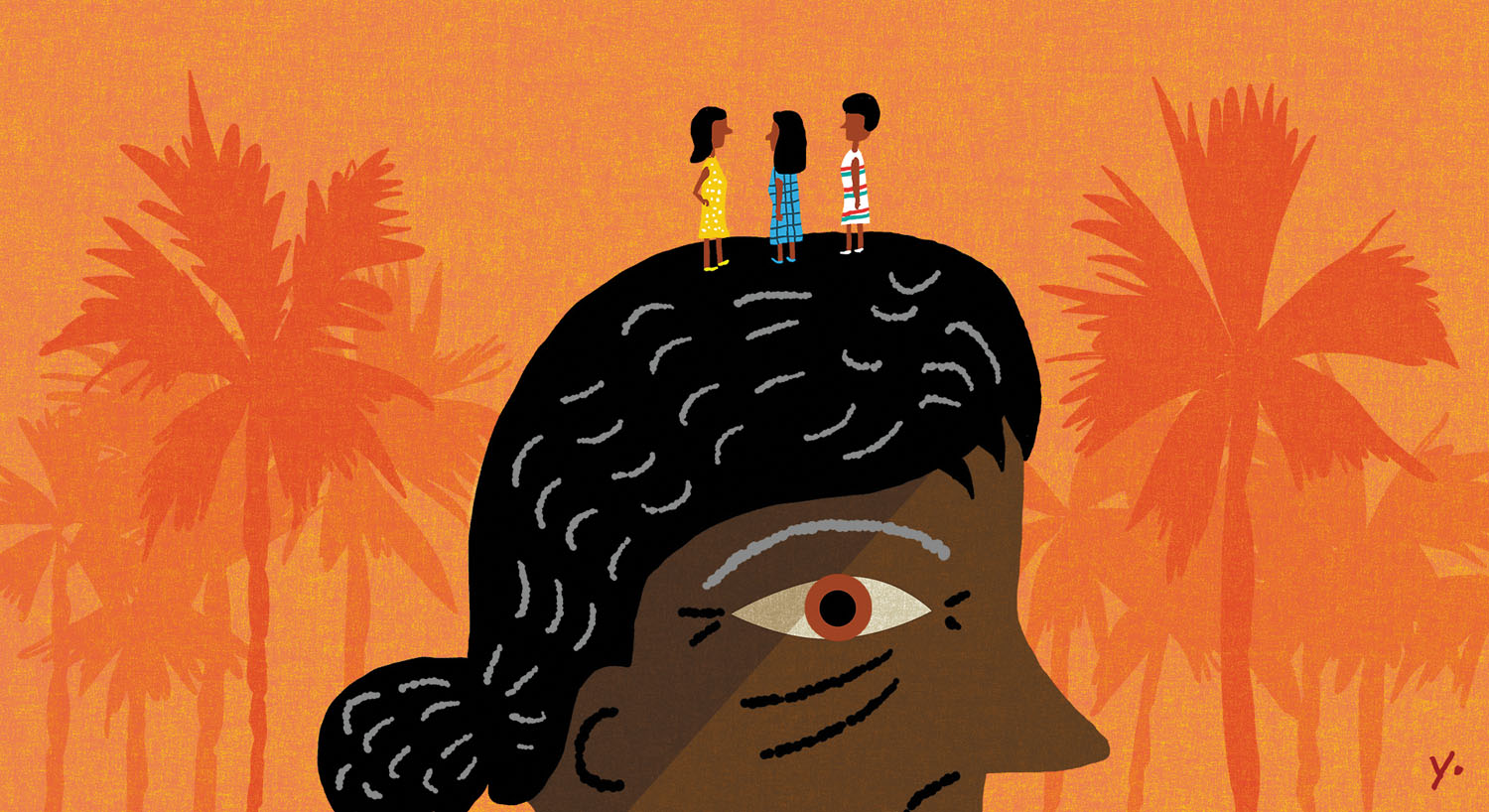Image


You should really subscribe now!
Or login if you already have a subscription.
James Yang’s work has appeared in Communication Arts, 3×3 Magazine, Graphis, and PRINT. Yang has won more than 250 awards for design and illustration. His book Bus! Stop! (Viking, 2018) was selected as a standout new picture book by the New York Times, and the...